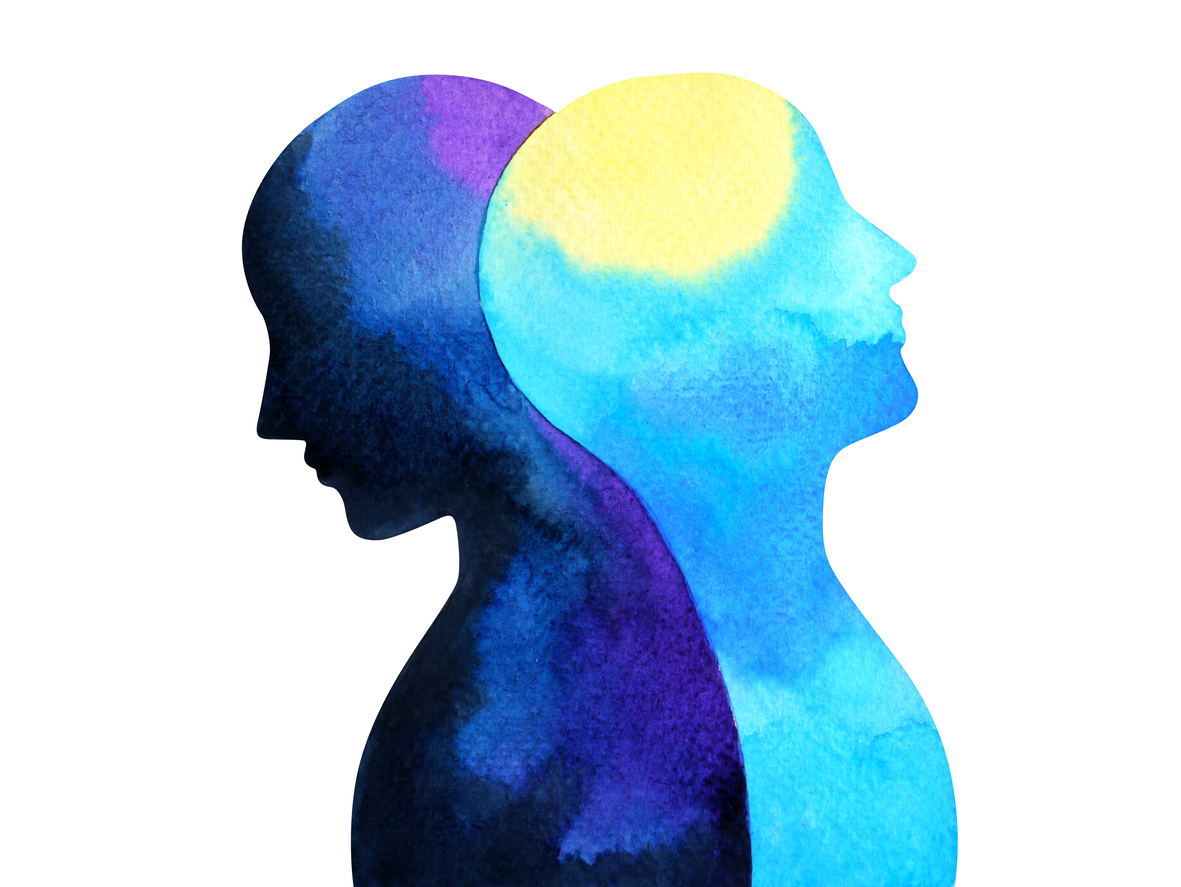
Two professors explain how artificial intelligence can help to improve the lives of individuals living with bipolar disorder.
Melvin McInnis, professor of bipolar disorder and depression, and Emily Mower Provost, associate professor of computer science and electrical engineering, are working on an AI system to help unlock deeper insights about individual bipolar sufferers.
Speaking on a panel titled “Artificial Intelligence, Personalized Technology, and Mental Health” at the Ann Arbor District Library in Michigan, the professors first discussed their reasons behind getting involved with the project.
For Provost, her reason is a passion for the application of engineering to have a positive impact on people’s lives. “It gives me an opportunity not only to try to create new and really innovative algorithms, but when you put a human-centred swing into AI, then you also have the opportunity to really join engineering and science,” Provost said.
McInnis has been researching bipolar for over 30 years. During his time as a physician, he has met family members of bipolar sufferers who can detect when their relative is at risk of an episode through their speech.
Using Provost’s knowledge of algorithms, McInnis hopes to teach an AI to recognise such changes in the speech of bipolar sufferers. Detecting these changes will help to provide early notice of an impending episode.
“Our work is to identify biological markers that are physiological markers that are in speech,” McInnis said. “How can we teach the computer to do what the family member is doing?”
If successful, the project will help to improve the lives of those living with bipolar and those around them. For example, an alert could be set up if signs of an impending episode are detected.
With the peace-of-mind of such an alert, relatives could go about their day without feeling they need to be around constantly to watch for potential signs of an episode. Meanwhile, the bipolar sufferer can benefit from greater independence and ensure they get help promptly if needed.
“Your device can give an alert and say, ‘Maybe you should talk to your doctor soon,’” McInnis explained. “You can share this information with your care team, with your support network, so that you can be part of a team that’s helping you stay healthy longer.”
One of the key challenges in rolling out such technology internationally is cultural differences around the globe; even a smile can be seen differently from culture-to-culture. A baseline will need to be established for each individual of what’s “normal” for that person.
McKinnis says that, in his work with bipolar patients, “up to 20 percent of these individuals end their lives by suicide”. Hopefully, the project becomes another example of how AI can not only have a life-changing impact; but a life-saving one too.

Interested in hearing industry leaders discuss subjects like this? , , , AI &





